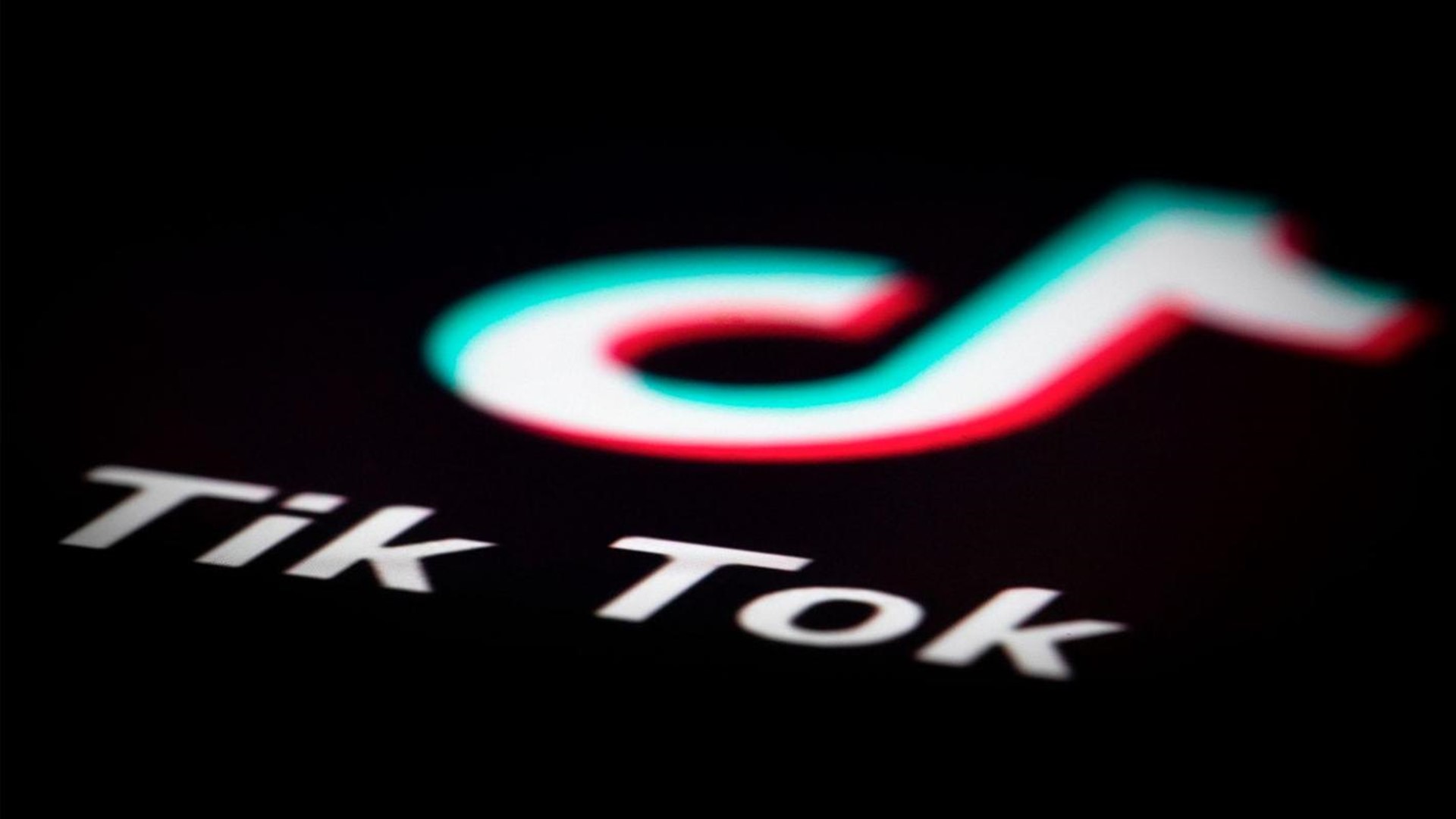TikTok seeks to distance itself from China - and the reason is obvious
Because money matters!

Less than a week after India banned TikTok and 58 other Chinese apps in India in the wake of the Sino-Indian border skirmish, there are reports that the Chinese company is already making efforts at a rapprochement. Tik Tok's chief executive has told New Delhi that the company would never turn over user data even if Beijing asked for it.
A report in the Wall Street Journal claimed that Kevin Mayer, who leads the video-sharing social network, had written a letter to the federal government in India on June 28 where he had categorically stated that the Chinese administration had never sought user data and even if they did, the company would not be turning it over.
- Chinese apps ban in India: Implications, alternatives and more
- 5 Indian apps that can make the most of ban on Chinese apps
- TikTok banned in India - here's what you need to know
Why is TikTok seeking a rapproachment?
Readers would recall that TikTok, owned by the Chinese multinational tech giant ByteDance Ltd., is not available for users in China, which makes continuance in India critical for survival. A report from Reuters said this could be a crucial factor behind TikTok distancing itself from its Chinese roots.
"I can confirm that the Chinese government has never made a request to us for the TikTok data of Indian users, Mayer wrote in a letter, which the Reuters report claims to have accessed. He also noted that data from India is stored not in China, but on servers located in Singapore.
The company had boasted over 150 million active users in India at the time of the ban while globally it had more than 2 billion downloads at the start of 2020. The fact that the app had over 177 million downloads in India during the first nine months of 2019 indicates its popularity. And Meyers obviously would like to smoothen any rough feathers by putting as much distance as he can between TikTok and the Chinese regime in Beijing.
A report in China's Caixinglobal.com says ByteDance is expecting a loss of $6 billion following India's ban on three of its apps, including TikTok, Vigo video and its social networking app Helo. And this amount could be more than the combined losses of all the other 56 Chinese apps banned by India.
But, will it really help?
Officials in the federal government confirmed to us that representatives from TikTok could be meeting with officials in New Delhi in the coming week, though they refused to indicate whether an amicable settlement was on the cards. Given the prevalent negative sentiments around Chinese apps, the chances of an immediate return for TikTok appears remote at this juncture.
Get daily insight, inspiration and deals in your inbox
Sign up for breaking news, reviews, opinion, top tech deals, and more.
Since the government notification banning 59 Chinese apps had cited national security as a reason, there is little chance that the ban would be lifted or revoked any time soon. Even a legal recourse is unlikely to bear fruit at this juncture as the courts have little option but to go accept the government's security concerns, though they can offer some respite in terms of asking the administration to define norms for ensuring data security.
Keeping the spirit of reinventing myself alive I have finally decided to be on #tiktok. Here is my first video. As yet I have no clue what should I post on this platform. May be your suggestions will help. Do follow me on @Anupampkher. Jai Ho.🤓😍😎 @tiktok pic.twitter.com/4MiJbxIHqNJanuary 3, 2020
The sudden ban has brought to fore several local contenders who appear to be cashing in on the huge legion of TikTok stars that existed in India, which even included known supporters of the ruling BJP such as Bollywood actor Anupam Kher. Incidentally, he is married to Kirron Kher, who is a lawmaker in the Indian parliament.
Before the border skirmish, TikTok had gone on record with investments proposals estimated at over $1 billion dollars in the region. The company employs over 3,500 direct and indirect employees in their Indian operations, and has also committed to build a data centre in India to ensure privacy and data security.
A media veteran who turned a gadget lover fairly recently. An early adopter of Apple products, Raj has an insatiable curiosity for facts and figures which he puts to use in research. He engages in active sport and retreats to his farm during his spare time.
